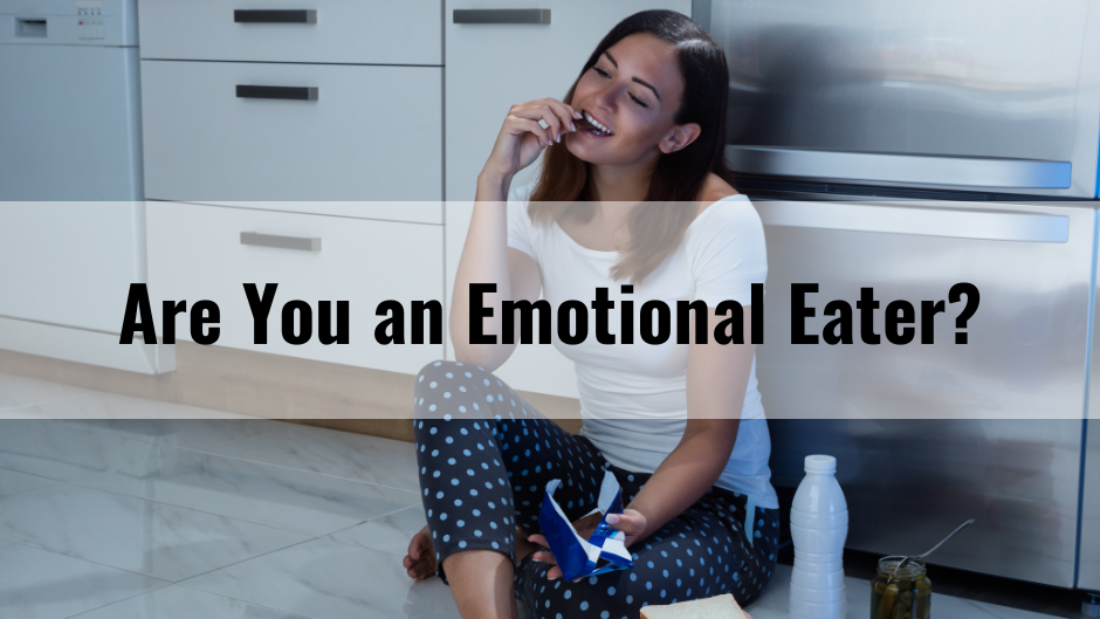Does a bowl of ice cream make you feel better after a really bad day? Do you turn to carbs for comfort? It’s common to use food as a way to make yourself feel better when you are sad, angry, stressed or tired. But there are better ways to deal with those emotions.
I often work with clients who identify with this problem, and maybe you do too.
I eat when I’m stressed !
I have a candy jar at the office that calls my name?
At the end of a long and hectic day, all I want is a big bowl of ice cream, as it can temporarily soothe my exhausted, hard-working body.
I feel a loss of control around foods. I can eat the whole bag of chips.
I have been eating larger portions than usual.
Whether you are dealing with stress eating, mindless snacking or using food as comfort. I have strategies !!
PROBLEM
You work full-time while raising a family and have a typical busy lifestyle. You turn to food for comfort when you are stressed at work or frustrated at home. You want to learn better eating habits.
THE FACT
You consult a dietitian. You learn that craving food when you’re stressed instead of hungry is called Emotional Eating. You recognize some of your eating patterns:
- Craving foods that are high in calories, fat and sugar (your weakness are soft drinks and chips)
- Eating/drinking too much without realizing it (e.g., binge eating, secret eater)
- Feeling even more stress and anxiety after eating too much (love-hate relationship)
You learn about Mindful Eating as a way to manage your emotional eating habits. Mindful eating involves paying attention to eating using all senses: really seeing, tasting, hearing, smelling and feeling food. So instead of eating a whole bag of chips when you’re stressed, you can learn to be more mindful of your choice – perhaps eat a smaller portion and enjoy every bite, or choose a more nutritious snack.
Mindful eating can help you become more aware of the reason why you’re eating. It will teach you to eat when you’re hungry and stop when you feel full. You learn that with the help of a dietitian, you can become more aware of your emotional and physical responses to food. With practising, you can manage your stress-related eating and pay more attention in the present moment when you’re making food choices.
Instead of turning to comfort food, you can learn to fight stress by doing something you enjoy, such as going out for a nice evening walk, playing street basketball with your kids, get organized with your meal planning, chat with a friend or family member, reading a book, meditation, colouring, journaling, practicing self-care.
SEEK SUPPORT
Dietitian can offer mindful eating principles during individual or group counselling sessions.
Are you an emotional eater? You want to learn more about mindful eating? Contact Me about starting a nutritional counselling program.
Adapted from the Dietitians of Canada’s Nutrition Month campaign materials.


Leave A Comment